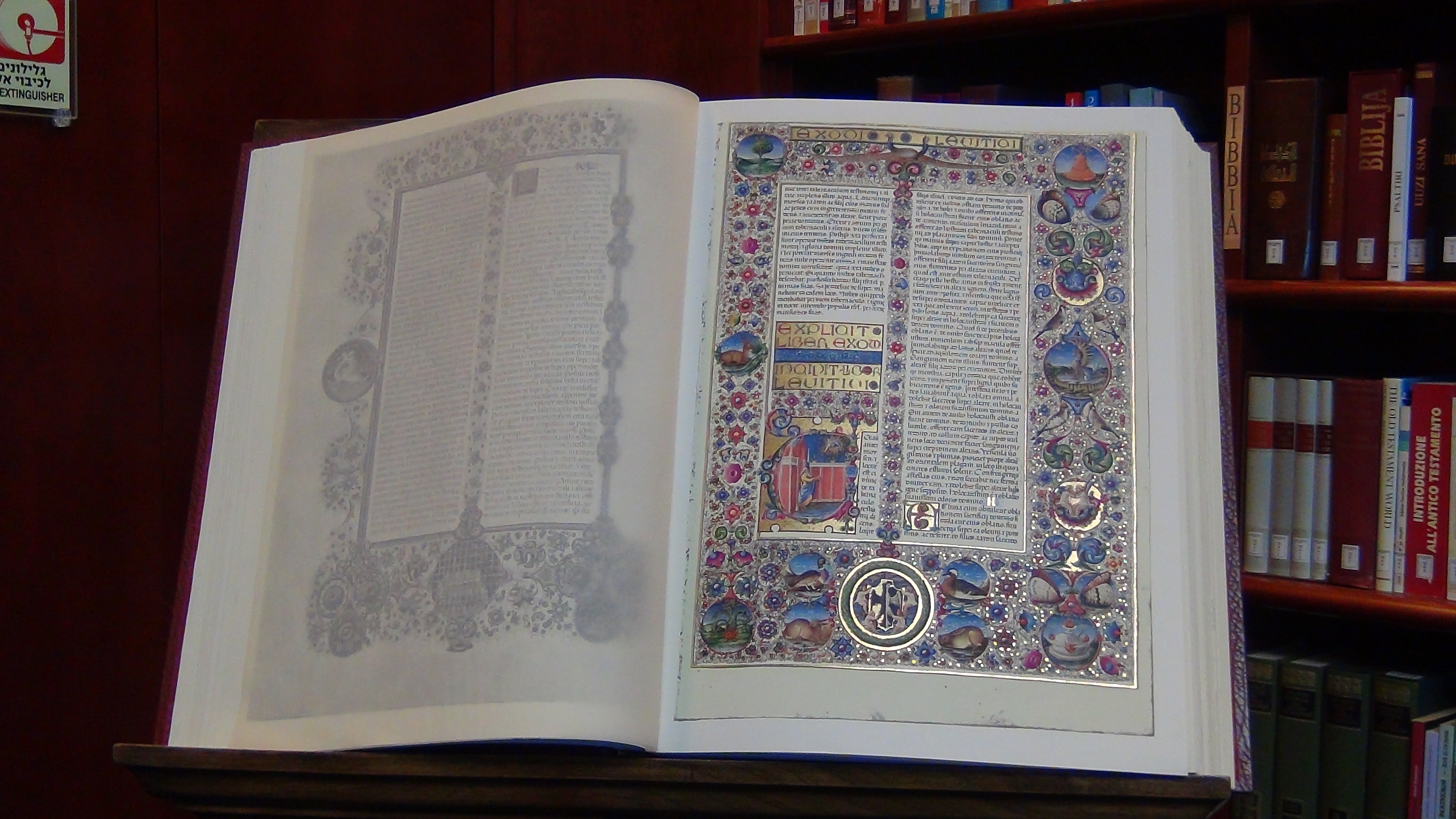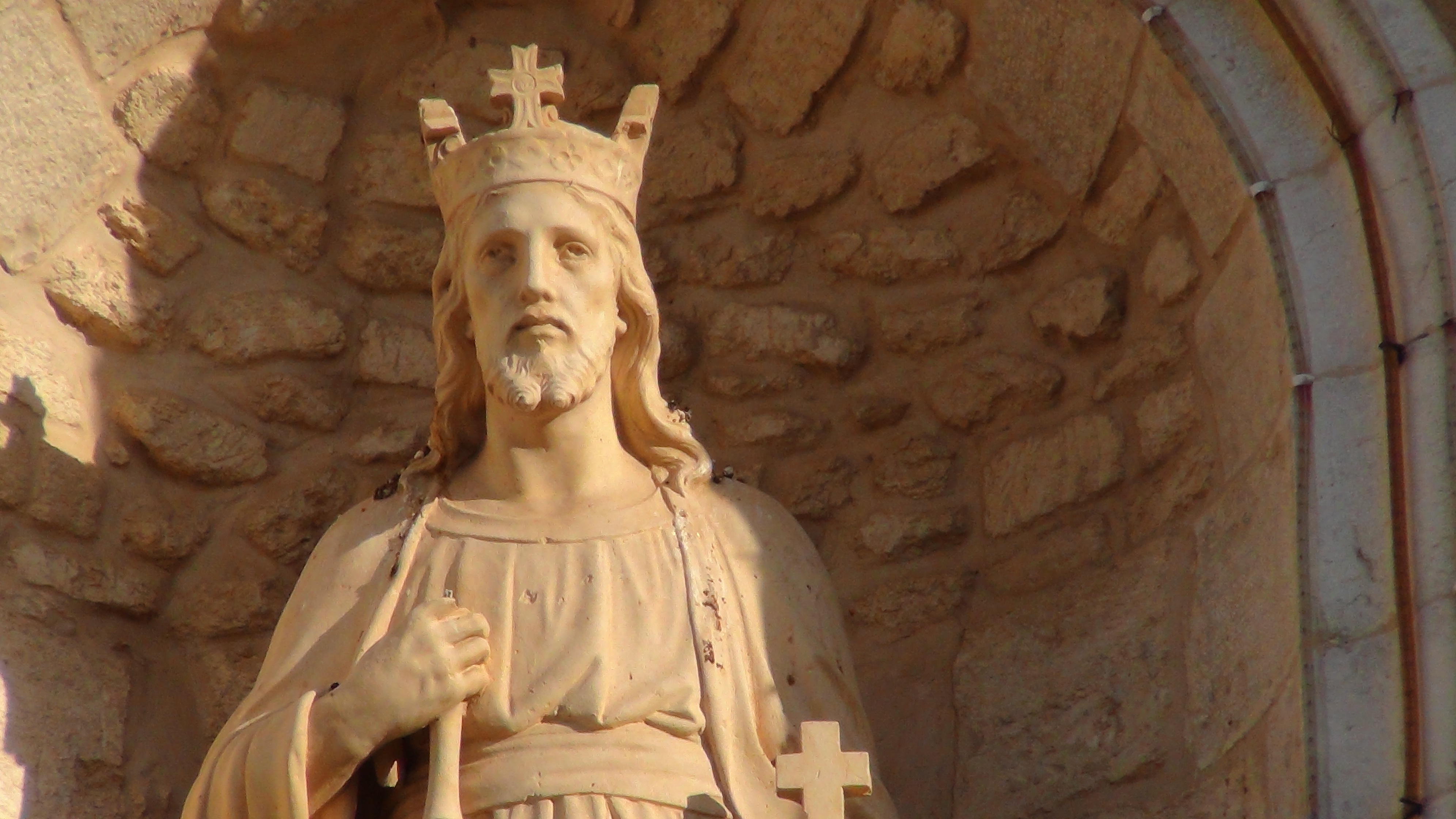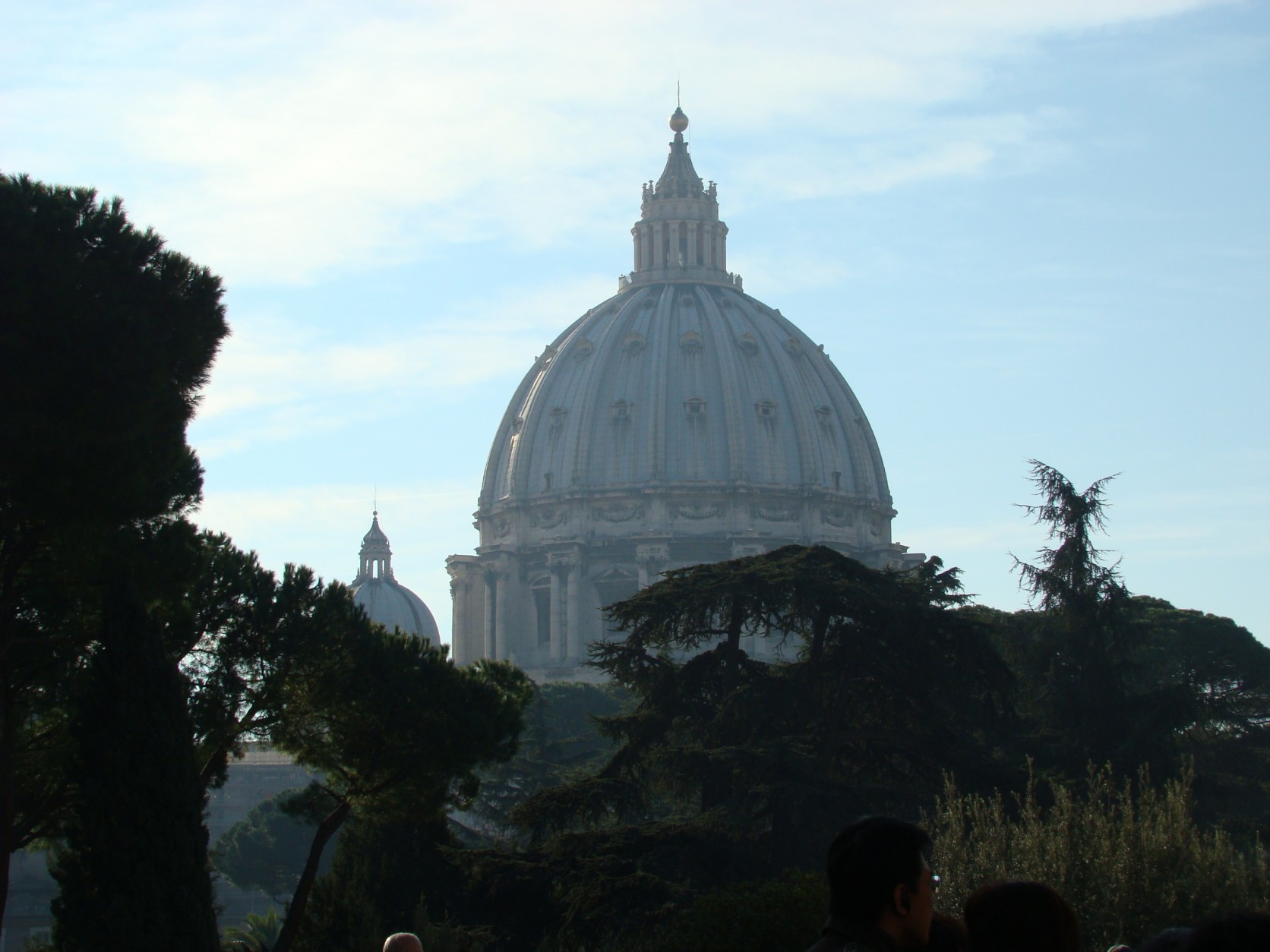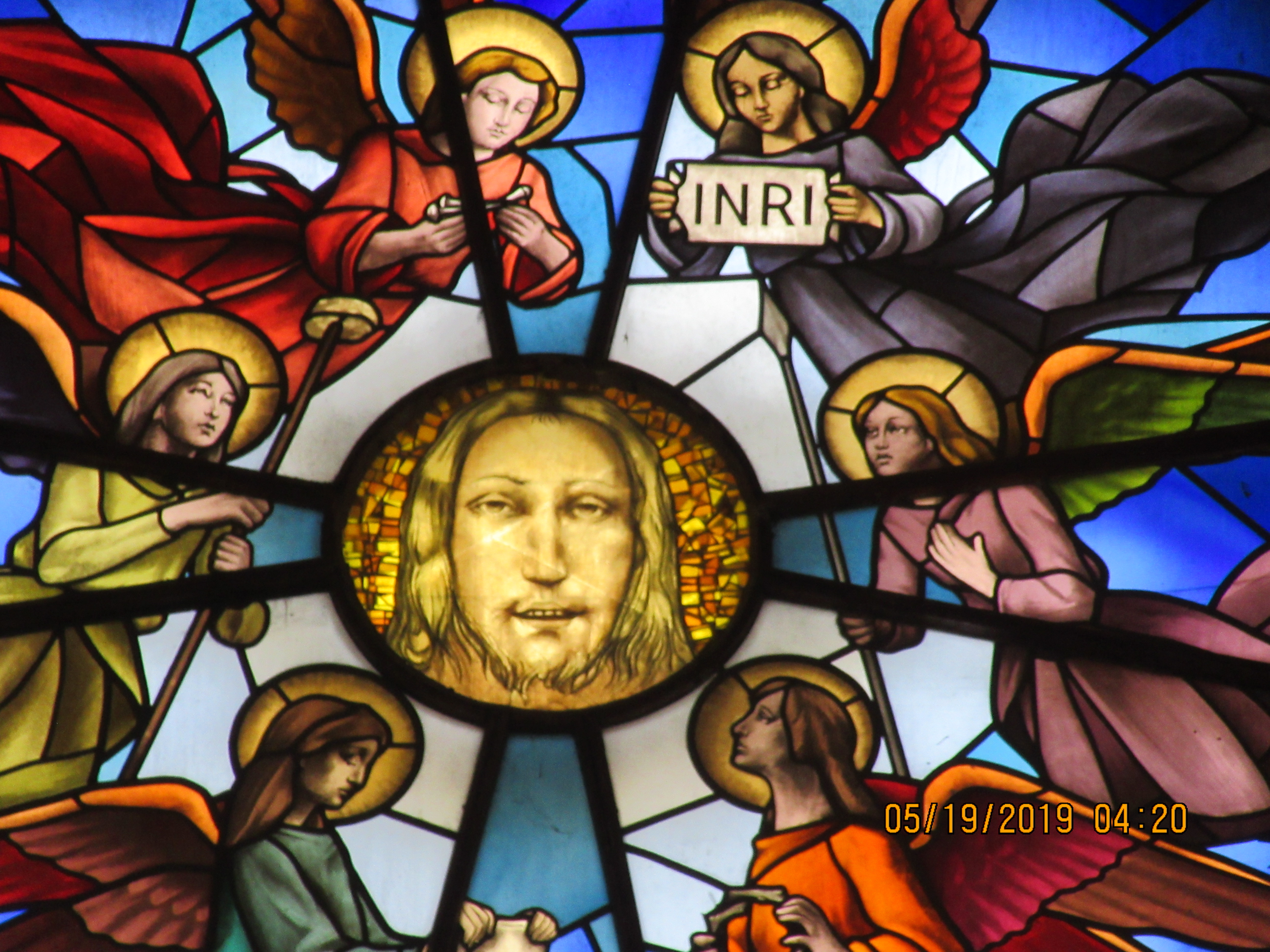Wis. 1:13-15; 2:23-24; Ps. 30:2, 4-6, 11-13; 2 Cor. 8:7,9, 13-15; Mk. 5:21-43
Justice is undying for we were created “wholesome…to be imperishable”. We were created in the image of God eternal but death entered the world “by the envy of the devil”. If we belong to God then we belong to the undying through his justice on the cross but if we belong to the company of the devil, we are already dying in spirit and truth and our bodies are becoming a fossilized shell of our true self. The eternal justice of God is Jesus Christ, when we proclaim “Jesus is Lord” justice is with us. When we deny him, we invite the enemy of justice and death follows. Justice belongs to God.
If we live by justice, we are in the domain of the undying for God is with us and we are in him “in the image of his own nature”. The nature of God reflects beauty, goodness, truth, and unity that we may all be one in his love. In his justice we then can proclaim we live by the beauty of love of God and neighbor, we practice the goodness of God’s charity to all, we proclaim the eternal truth God has given us, and we grow in the unity of fellowship as one church under one God in three persons, Father, Son, and Holy Spirit.
If we live by justice, we praise the Lord for he rescues us from the snares of the devil who prowls around us in search of our weakness so we may once again fall into the pit of Adam and Eve. Our praise of the Lord itself sends the devil away who cannot bear to hear God’s name and suffer the justice of his own destruction. In good times and in bad give praise to the Lord and he will rescue us for his anger is “a moment; a lifetime his good will”. Our God is a God of love whose justice is Jesus on the cross and we cannot deny him and live.
The Lord’s way of “equality” is not the world’s way. In the world “equality and justice” are instruments to enforce change through authoritative structures and not by free will. The world seeks equality by demanding retribution and justice by enforcing “an eye for an eye”. The world’s heroes rise to be “Robin Hoods” who take from the rich and give to the poor. The Lord’s way says, “as a matter of equality your abundance at the present time should supply their needs, so that their abundance may supply your needs, that there may be equality.” The Lord’s way comes from the heart of free will to serve each other’s needs. This is his call to equality and justice.
The Lord’s way of justice has no lottery winners of excess but to each his cup is full so that “whoever had much did not have more, and whoever had little did not have less”. Blessed be the Lord for he fills our cup according to his riches. According to his divine providence, he fills our cups with what we are to plant and to harvest. In receiving we are to give back as the poor woman who gave so little as an offering but gave the most because it was all she had. In the end if we belong to God then all we have is his and we return it by the works of our love.
This is our understanding when we proclaim “our Lord Jesus Christ, that though he was rich, for your sake he became poor, so that by his poverty you might become rich”. Jesus left his riches of heaven for the poverty of humanity to suffer the death of humanity and rise us up with him to the riches of his divinity. Are we followers of Jesus willing to die to ourselves to freely bring about equality and justice? Beware of those who wish to make Jesus into their image of human structures by labeling him as promoting socialism, Marxism, capitalism, communism or anything other than his way of Christianism. Jesus’ way is not the world’s way. Jesus operates within the free will of his own image. The world crucified him for his way and it continues through its authoritative structures to have us deny him or be persecuted.
This week we celebrated the feast of St. John Fisher and St. Thomas More on Tuesday. Both were friends of King Henry VIII, St. John was his tutor as a child and bishop of the Church of England, and St. Tomas was chancellor of England both high powerful positions in England. Both refused to approve the divorce King Henry wanted so he could marry a younger woman. Both refused to sign the Oath of Supremacy declaring the king as head of the Catholic Church of England. Both were beheaded for their faith.
St. John tried to support the king without signing the Oath and St. Thomas quietly resigned his post yet both died for it was not enough to be silent. The King wanted compliance as all social structures demand just as the present “cancel culture” demands. When St. Thomas saw that the masked swordsman was nervous at his execution, he said “Be not afraid, for you send me to God.” Then he said to the crowd, “I die the king’s good servant, but God’s first” (loyolapress.com). St. Thomas understood his priorities and did not compromise. No social structure accepts less than compliance and while we are to be good servants in this world there is a “red line” where God comes first. Faith may not save us from the beheading of this world but it does send us to God.
With the celebration of the feast of St. John Fisher and St. Thomas More, United States Catholic Conference of Bishops is also celebrating the beginning of Religious Freedom Week to “pray, reflect, and act to promote religious freedom…to live out our faith in public and to serve the good of all”. Faith is more than a personal private act of the spirit with God, it is the freedom to live in fraternity as a community practicing our faith in the public square and to speak to those acts against the Lord’s way of equality and justice.
Currently there is an attempt to create a law titled “The Equality Act”. It is not to bring equality and justice to all but to a segment of the population by promoting a gender-neutral law against the law of God. According to the USCCB its efforts are to “dismiss sexual differences as a social construct…requiring all Americans (regardless of religious beliefs) to speak and act as if there is no meaningful distinction between the sexes and as if gender has no connection to the body” (USCCB.org/The Equality Act).
Brothers and sisters, language matters and the Word matters for Christianity to live in religious freedom. We are to pray, reflect and act to defend our religious freedom and quiet disapproval will not be tolerated by a cancel culture. A cancel culture does its beheading by forced indoctrination. We are to only look at other nations where there is no religious freedom and the church has gone underground to exist in secrecy.
If “The Equality Act” is passed, I imagine future birth certificates having no gender distinction as male or female because the demand will be for the child to grow up and self-identify as they choose. From this law books that label a child by gender will be banned so when the bible says in Genesis 1:27 “God created mankind in his image; male and female he created them.” either the words of the bible must be changed for “inclusive language” or Bibles will no longer be allowed for publication or in the public discourse. This does not serve the common good of equality and justice for all nor does it represent religious freedom for all.
In the gospel Jesus says, “Do not be afraid; just have faith.” Faith gave the woman courage to touch the clothes of Jesus and be healed. From her faith “power had gone out of him”. With faith we can receive the power to “arise” from our dying sickness, from sin, from fear and be cured from the power of eternal death to receive the light of eternal glory. When they ridiculed Jesus for saying the child was not dead, he “put them all out” separating those without faith from those whose hope remained in a miracle. Unity and fellowship with humanity does not compromise our faith with God and there is a time to separate ourselves from those who seek to demand unity by compliance to the king of current political or social structures.
Do we believe in faith when we come to receive the Eucharist in the power of Jesus to enter into us? Many people crowded Jesus but the gospel speaks of two who approached him with great faith. Today we approach the altar to receive communion and our faith will determine the power that Jesus will work within us. Let us approach him in prayer “Lord I believe, help my unbelief”.
St. Thomas Aquinas says, “To one who has faith, no explanation is necessary. To one without faith, no explanation is possible.” The process of seeking and questioning is not a lack of faith but a means of revelation to help us arrive at the truth and strengthen our faith. We should not fear questioning the cultural mores being imposed on our religious freedom but pray and discern the will of God and act in justice to the truth we have received by his Word made flesh.
Today we are to pray, reflect, and act in faith for religious freedom. The power of Jesus can enter us to remain vigilant and separate ourselves from the ideologies that oppose our religious beliefs. As Cardinal Dolan likes to say on his radio program, “freedom is not free” so that when the time comes to act let us not be afraid. Let us stand in faith and pray for those who come to persecute us possessed by faulty beliefs for the kingdom of God is ours and it cannot be taken away when we pray for the undying justice of God and take a stand in faith.
Tags
- Equality and Justice
- Freedom is not free
- Religious Freedom Week
- St. Thomas Aquinas
- The Equality Act
- USCCB








Recent Comments